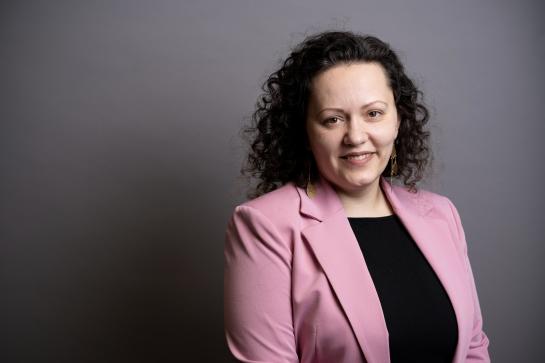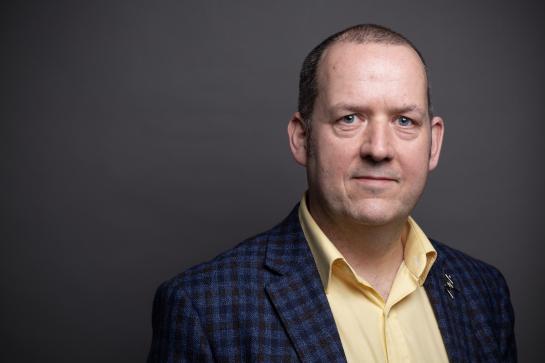
This symposium is designed to provide reflections, ways of working, evaluation and improvement tools for existing and developing research cultures across the sector. The symposium builds on insights from REF29 requirements as they take shape with time.
The symposium will be preceded by a call for contributions, inviting practitioners to submit an abstract on their work as a presentation or workshop to support the discussions.
Event Information
Date: TBC
Place: Virtual
Symposium themes
Who should attend?
- Researchers, administrative, and other colleagues seeking to bring change to their research environments.
- Policy makers and funding agencies.
- Anyone passionate about enhancing research practices, fostering collaboration, and building a wide research community.
Learning outcomes
Facilitators
Expert keynotes and panellists will join our senior consultants to share the latest thinking and enhancements in research culture.

